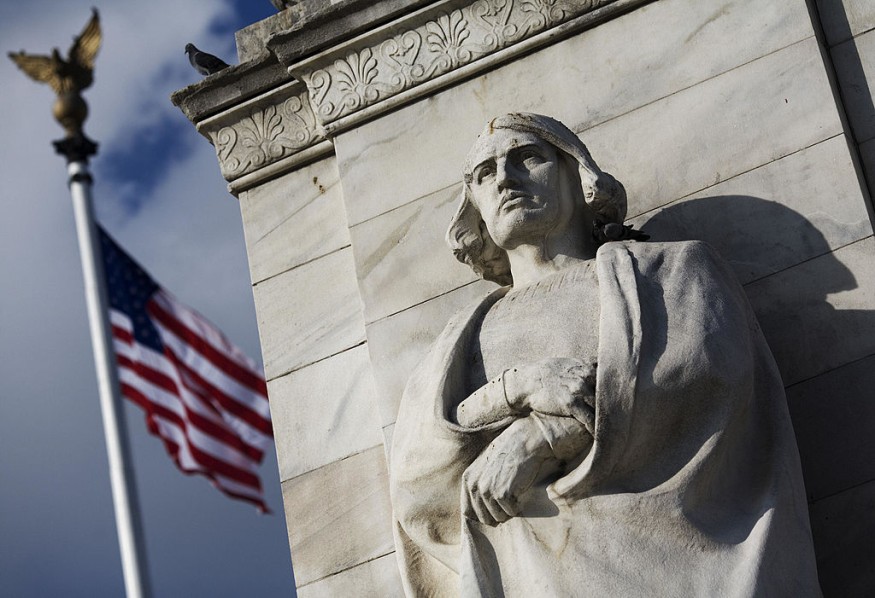Columbus Day Facts: What You Should Know About the Commemoration?

Columbus Day, celebrated on the second Monday of October, is among the more inconsistently celebrated US holidays.
Being one of the 11 official federal holidays, federal employees receive a paid day off and no mail delivery. Most bond markets and banks that trade in US government debt are also closed, but stock markets remain open, as do most retailers and other businesses.
However, Columbus Day has witnessed a diminishing presence in recent years, according to Pew Research.
It has been the subject of criticism from Native American advocates and others who argue that celebrating Christopher Columbus is inappropriate.
To shed light on the holiday's background, here are some interesting Columbus Day facts:
Columbus Day Facts
What Is Columbus Day?
Columbus Day marks the landing of Christopher Columbus in the Americas in 1492, Cedar noted.
It was celebrated unofficially in many cities during the 18th century before being declared a national holiday. For many, it serves to honor the accomplishments of the explorer.
Italian-American Significance
In addition to commemorating Columbus's achievements, Columbus Day holds significant cultural importance for Italian-Americans.
Despite Columbus's explorations being sponsored by Spain, he was born in Genoa, Italy. Consequently, many Italian-Americans celebrate Columbus Day to honor their heritage.
Colorado's Initiative
Colorado was the first state to officially recognize Columbus Day as a holiday in 1907, followed shortly by New York in 1909. It was President Franklin D. Roosevelt who, in 1934, proclaimed Columbus Day as a national holiday.
Global Observance
Columbus Day is not exclusive to the United States. In Spanish-speaking countries, it is called "Dia de la Raza" or "Day of the Race."
In Spain, the holiday is called "Dia de la Hispanidad" or "Fiesta Nacional." The Bahamas celebrates it as Discovery Day.
Parades and Short Trips
While Columbus Day is celebrated can vary from city to city, parades are a common way to commemorate the occasion, with New York and Chicago being known for their festive parades.
For many Americans, who typically have the day off, it is an opportunity to embark on a short trip over the long weekend.
Many States Stop Observing Columbus Day
Due to the controversial history associated with Columbus Day, many states and cities have chosen to cease its observance, replacing it with Indigenous Peoples' Day.
This alternative holiday has been adopted by various states, including Alaska in 2017 (first implemented by South Dakota in 1990), Oregon, and Vermont. Some states, such as Nebraska and Oklahoma, now celebrate Indigenous Peoples' Day and Columbus Day.
Indigenous Peoples' Day
As a counter-celebration to Columbus Day, Indigenous Peoples' Day is observed on the same day, the second Monday in October.
It serves to commemorate Native American history, culture, and resilience, per USA Today.
President Joe Biden inked the first presidential proclamation recognizing Indigenous Peoples Day in 2021, underscoring its increasing importance.
Although it is not a federal holiday, some lawmakers are actively working on legislation to change that.
As a federal holiday, Columbus Day remains a subject of debate, with some emphasizing its role in celebrating Italian-American heritage and others highlighting concerns that it glorifies an exploration that ultimately led to the genocide of native peoples.
This article is owned by Latin Post.
Written by: Bert Hoover
WATCH: Why the US celebrates Columbus Day - From Vox
Subscribe to Latin Post!
Sign up for our free newsletter for the Latest coverage!
© 2025 Latin Post. All rights reserved. Do not reproduce without permission.














